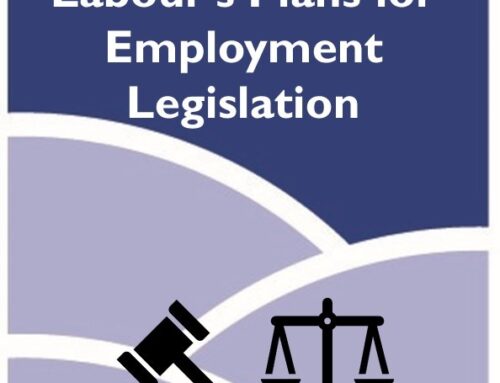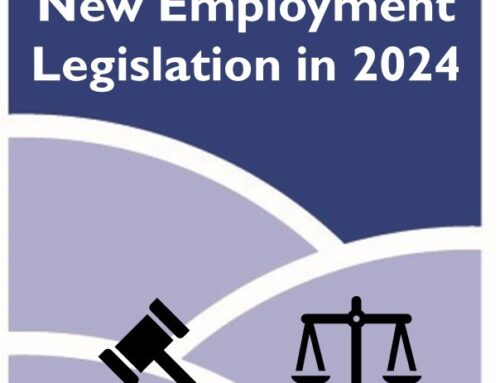On Saturday (4th April), The Government issued an extensive update on the regulations and guidance surrounding the Coronavirus Job Retention Scheme (JRS) or furlough leave. In the weeks since the creation of this new employment status, many employers have understood the concept (and reasons behind it) but several key questions had remained unanswered until now.
We have summarised what we see as key areas (and ones we have received many questions about) in this bulletin. But, as this is the most comprehensive update yet published, we suggest you take time to review it on the .Gov website:
The major thing that isn’t covered in the new guidance is holiday pay. There is still no direction on how upcoming Bank Holidays should be accounted for, what rate of pay should be paid in an employee is on furlough and holiday:
Commission
Compulsory commission – we take this to be contractual commission – can be included in the calculation of pay that will be 80% funded under the scheme. However, this only applies to past sales because furloughed employees can’t be completing new sales while on furlough.
Non-Monetary Benefits
The 80% furlough payment DOES NOT include non-monetary benefits such as health insurance, company car or company car allowance.
2nd Employment
We already know that employees can undertake training (unless it’s not for the material gain of the business) while on furlough and that they can volunteer while on furlough. This guidance makes it clear that employees can start a new job for a 2nd employer while on furlough – provided that this doesn’t contravene their existing contract of employment. We suggest that employers review this on a case by case basis because employees could be called back from furlough at short notice.
Multiple Furlough Periods
Employees can be furloughed multiple times – i.e. be furloughed initially, them brought back into employment and furloughed again. If employers choose to do this they need to remember that the rebate can only be claimed if the furlough period is more than three weeks.
Childcare, Shielding and Sick Leave
- Employees who are unable to work because they have caring responsibilities resulting from the coronavirus virus outbreak can be furloughed. The guidance specifically indicates that employees that need to look after children can be furloughed.
- Employees who are shielding themselves or need to stay at home with someone who is shielding in line with public health guidance can be furloughed and claimed for.
- Employees on sick leave or self-isolating and in receipt of Statutory Sick Pay can’t be furloughed. But they can be furloughed and claimed for when they stop receiving SSP.
Apprentices
Apprentices can be furloughed in the same way as other employees and they can continue to train whilst furloughed. However, they must be paid at least the Apprenticeship Minimum Wage, National Living Wage or National Minimum Wage as appropriate for all the time they spend training. Employers must therefore cover any shortfall between this and the amount claimed for.
Company Directors
This has been a frequent question and for some time we have understood that company directors (even sole directors) can be furloughed. This is confirmed in this new guidance – the text from which is pasted here:
“As office holders, salaried company directors are eligible to be furloughed and receive support through this scheme. Company directors owe duties to their company which are set out in the Companies Act 2006. Where a company (acting through its board of directors) considers that it complies with the statutory duties of one or more of its individual salaried directors, the board can decide that such directors should be furloughed.
Where one or more individual directors’ furlough is so decided by the board, this should be formally adopted as a decision of the company, noted in the company records and communicated in writing to the director(s) concerned.
Where furloughed directors need to carry out particular duties to fulfil the statutory obligations they owe to their company, they may do so provided they do no more than would reasonably be judged necessary for that purpose, for instance, they should not do work of a kind they would carry out in normal circumstances to generate commercial revenue or provides services to or on behalf of their company.”
Written Confirmation
While we have advised employers to provide confirmation of a person’s new (furloughed) employment status in writing it wasn’t specifically required by the guidance – it is now. PLUS, employers are required to keep the record of the written confirmation for five years.



